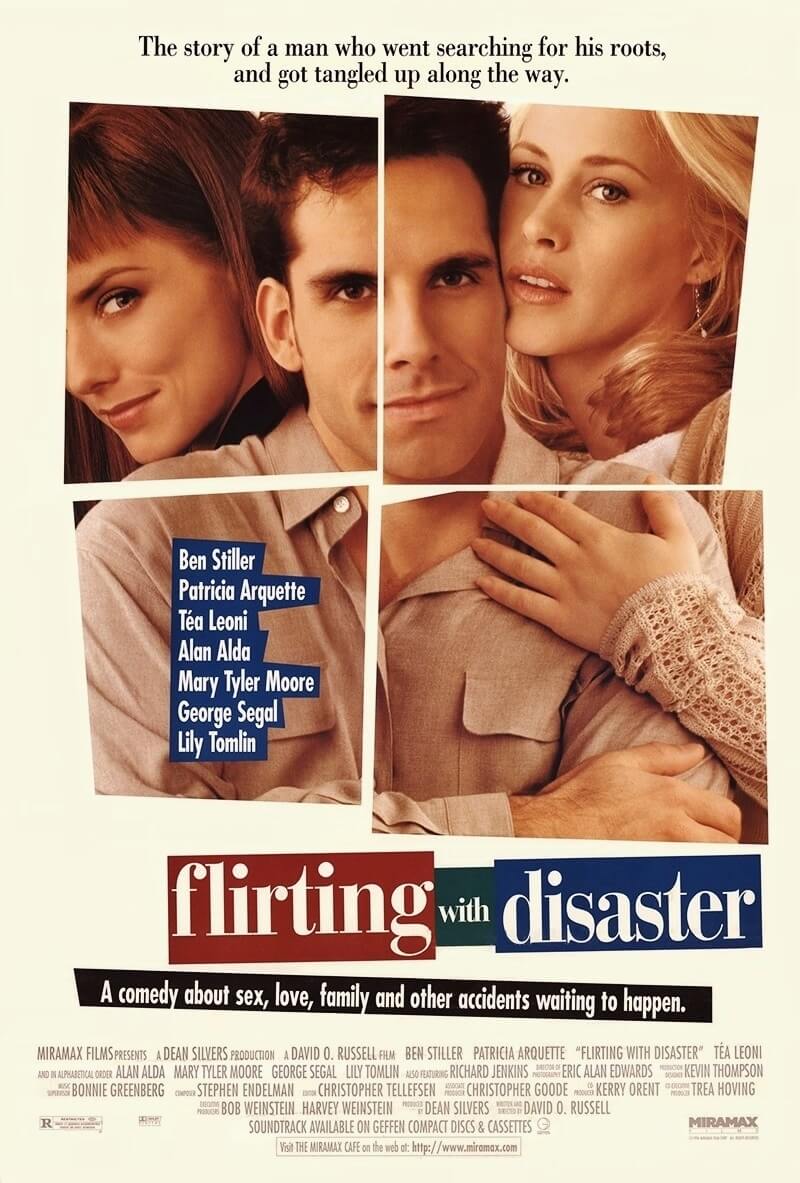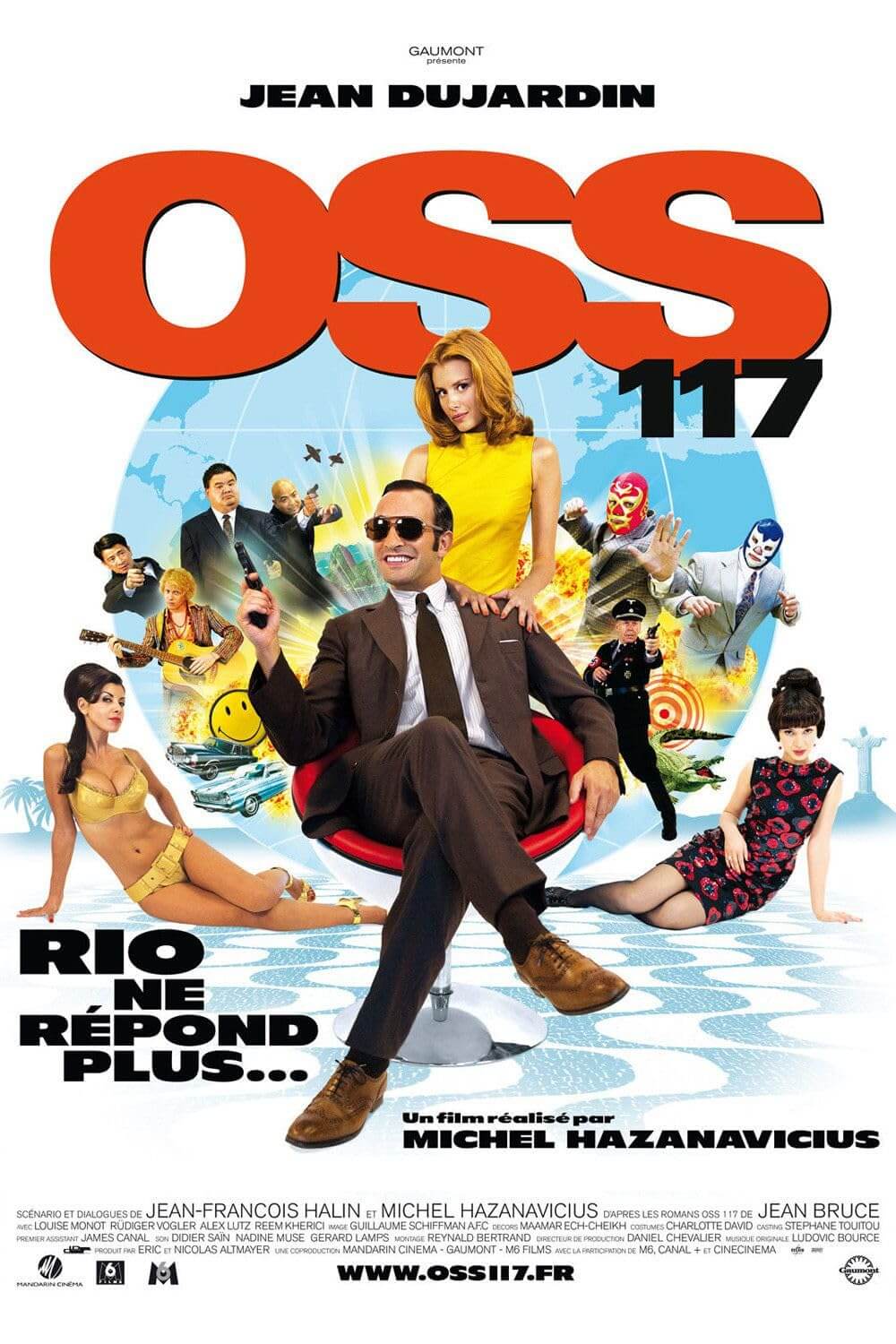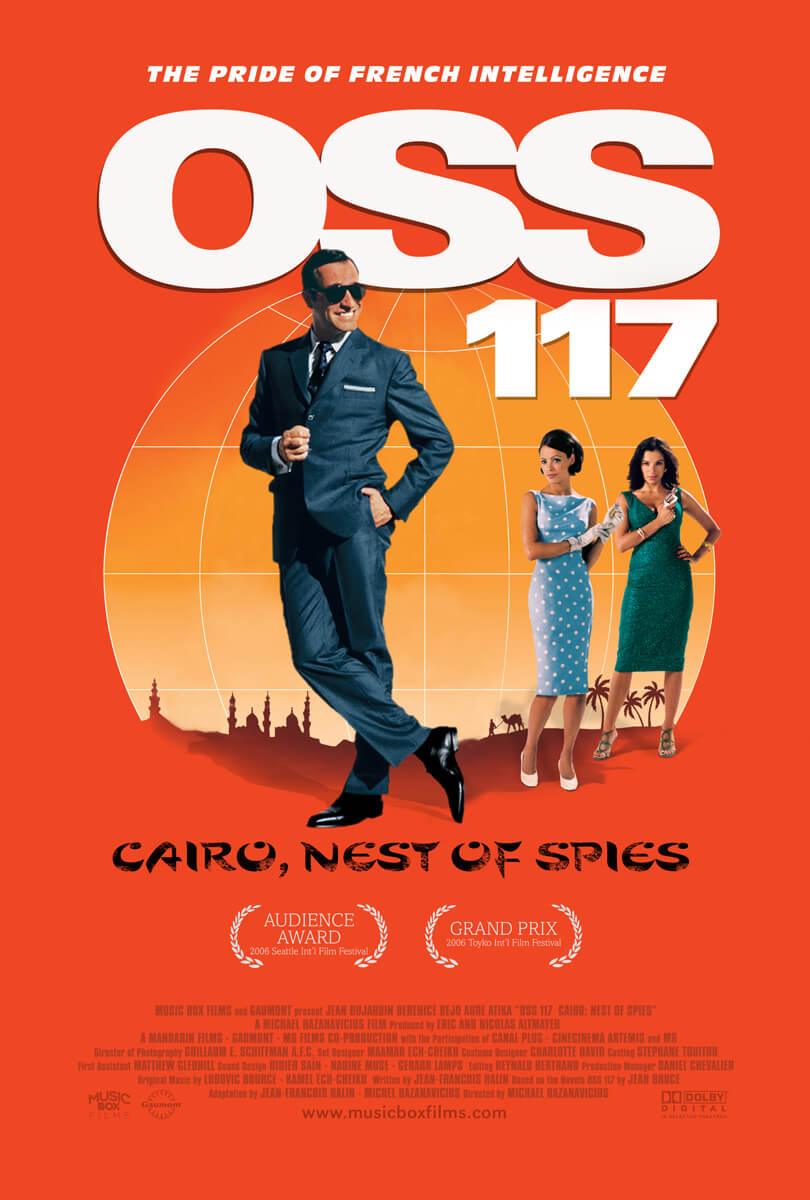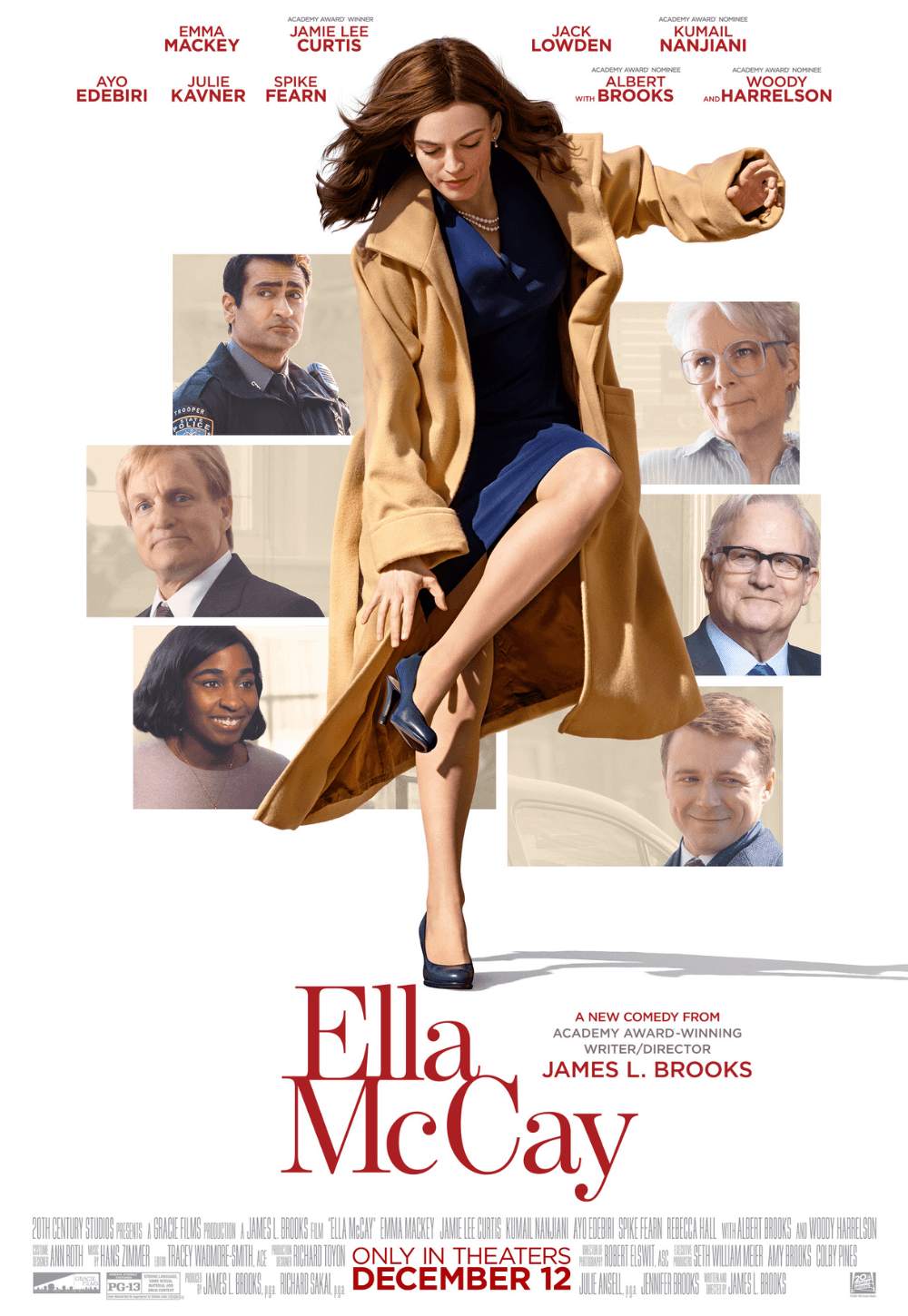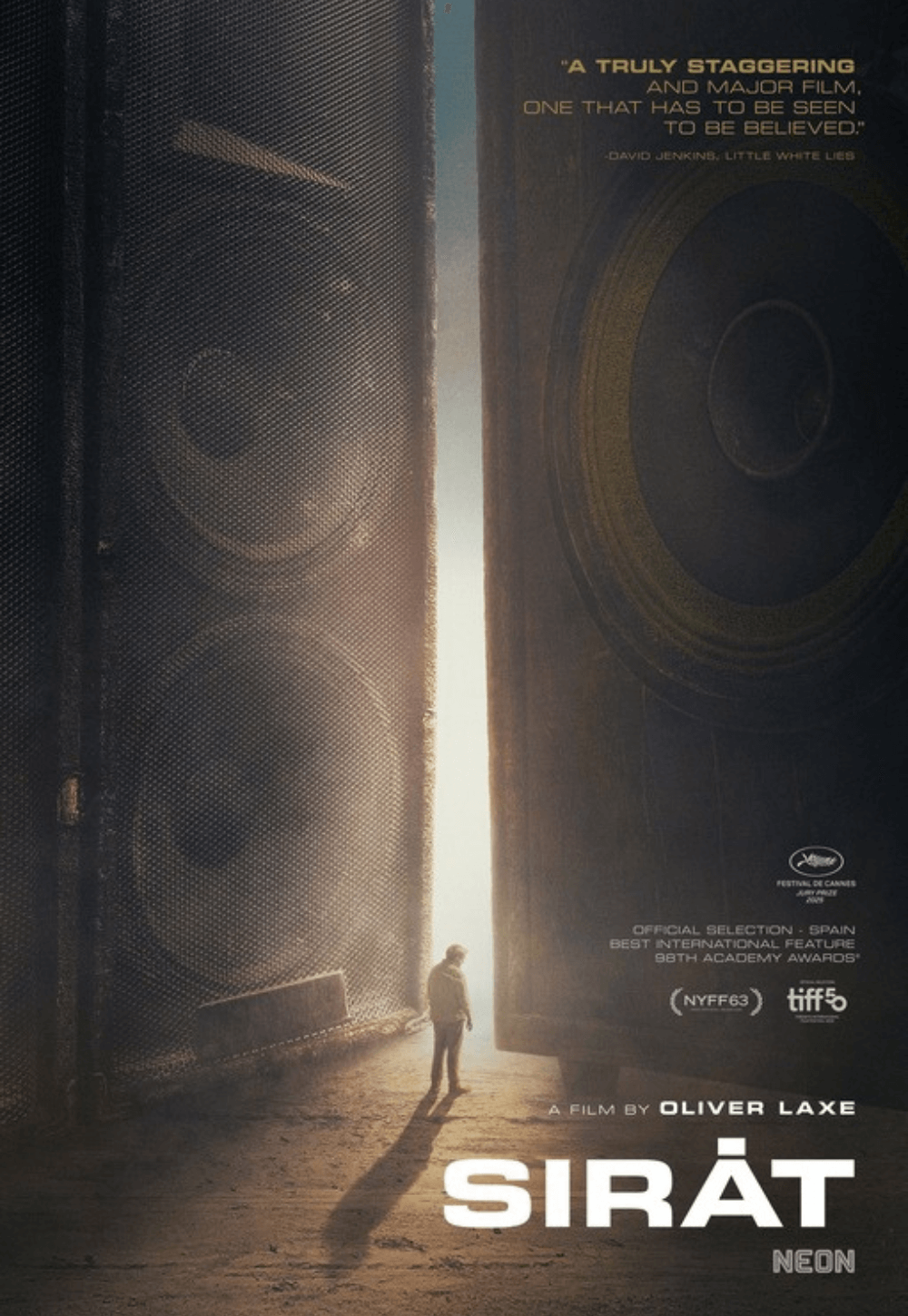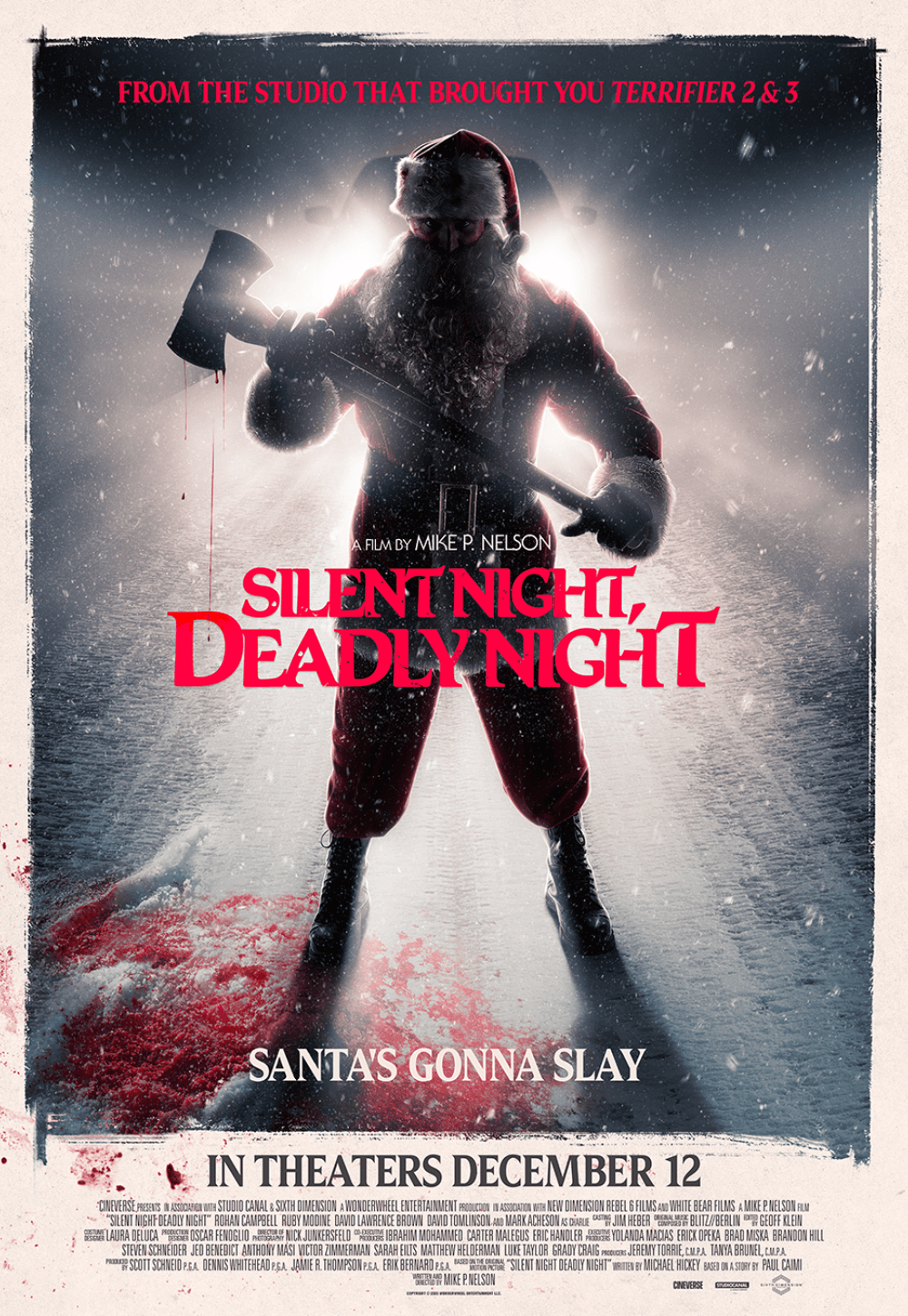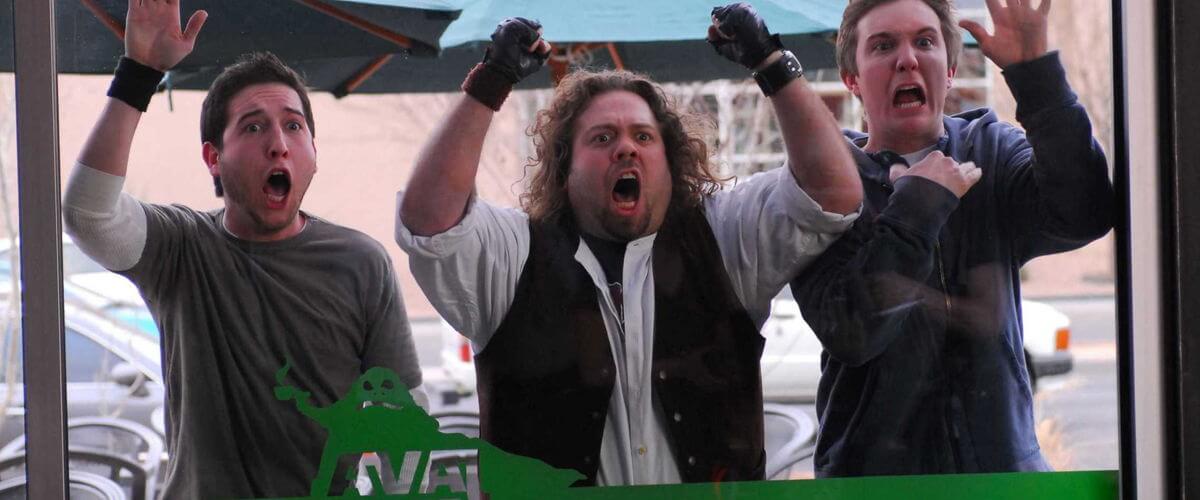
Fanboys
By Brian Eggert |
Fanboys concerns followers of sub-pop-culture phenomena, specifically devotees to Star Wars and all things George Lucas, but also, less directly, other science-fiction-based franchises where people dress up like Wookies or whatever to get their kicks. If you’re unfamiliar with the terminology, “fanboy” refers to a comic or movie aficionado obsessed with a precise subject, the genre or variety being incidental. Their community exists in comic book shops, their parents’ basements, and the virtual world—on movie news websites (such as Ain’t it Cool News) and their message boards, where fanboys are free to express their bold opinions in quieted anonymity.
Before you accuse me of unfairly mocking fanboys, let me make a confession: I, too, am a fanboy of sorts. My preferences don’t include waving glorified flashlights around like lightsabers, but my nerd-isms are alive and well. Harboring a soft spot for superhero movies, vintage 1980s cartoons, and discussing comic lore, I attend comic book conventions and scour the internet for news on these matters. Star Trek: The Next Generation is my favorite television show; I had a boyhood crush on Deanna Troi, but I’ve since matured (I’m into Dr. Crusher now).
So just to be clear, I didn’t dislike Fanboys because I can’t identify with its subject; I disliked it because it wasn’t at all good. Caught in a whirlwind of comedy tropes, the movie is part road trip, part sex comedy, and part the Star Wars version of Trekkies. Set in 1998, the story involves a group of friends determined to drive cross-country and break into Skywalker Ranch to steal a working print of Star Wars Episode I: The Phantom Menace before its official release in theaters. Their mission is a last hurrah for their friend dying of an ambiguous cancer.
Characters come in descriptions ranging from thin to one-note: Linus (Chris Marquette) is the one with cancer. Eric (Sam Huntington) is an aspiring comic artist who’s given up his fanboy lifestyle to become a car salesman. Windows (Jay Baruchel) is the exceptionally nerdy one who has a crush on the obligatory fangirl-hottie, Zoey (Kristen Bell). And the crude, annoying Hutch (Dan Fogler, from Balls of Fury) couldn’t be less funny as the pervert of the group. They all hop into Hutch’s van for various stops and streams of dialogue about the coolness of Han Solo.
At once appropriate and surprising, the number of celebrity cameos throughout the movie serves as visual masturbation to fanboys in the audience. Carrie Fisher, Billy Dee Williams, Kevin Smith, Jason Mewes, and Ray Park appear. If you know the significance of these actors as they relate to fanboys, then consider yourself one. Seth Rogen’s trifecta of funny cameo appearances includes an alien, a pimp, and a Captain Kirk wannabe. And speaking of Kirk, William Shatner himself beams in to play a Deep Throat-like informant for our heroes’ undertaking, giving them schematics to Skywalker Ranch.
Fanboys’ maligned production has been delayed countless times since 2007. Internet addicts like myself have followed its doom closely, as those darned Weinstein Brothers unfairly recut and shuffled about the final product, despite George Lucas’ seal of approval—The Beard even lent out signature Star Wars sound effects to enhance the authenticity of the movie’s references. Much of the controversy concerned the cancer subplot, which provides the motivation of our heroes’ journey; the Weinsteins wanted to remove it, but director Kyle Newman did not. And though the movie was released with this motivation intact, the result still doesn’t work. Surely real-life fanboys will blame the studio interference for a lackluster end product, but it’s doubtful a comedy like this would work under any circumstances.
What’s the use of a movie about the fandom for another movie? Joking with your friends in semi-serious discussions about whether or not Luke Skywalker maintained incestuous feelings toward Princess Leia after he discovered that she was his sister—that’s one thing. Being bombarded with a movie filled with reference after reference, most of which we’ve heard before or made ourselves, is another. The worst part is, as we now know, their voyage to see The Phantom Menace is completely pointless since most Star Wars junkies were disappointed and disillusioned by that film’s abysmally bad reception. A more realistic, meaningful ending to this movie would be the band of fanboys leaving the theater after their eventual screening of Episode I and realizing that sometimes movies disappoint, so perhaps they should stop aggrandizing George Lucas’ output and grow up.
Then again, a crucial aspect of fanboyism is an apologist’s devotion to their subject of choice. Should that focus be Star Wars, a favorite comic book character, or what-have-you, the fanboy makes every excuse to embrace it, if only to sustain their station as a fanboy. The demographic for this movie is small, below your average comedy, and certainly nowhere near the blockbuster numbers associated with their respective popular franchises. If they didn’t flock to theaters for Star Wars: The Clone Wars, which came from the source itself, what chance did Fanboys have?
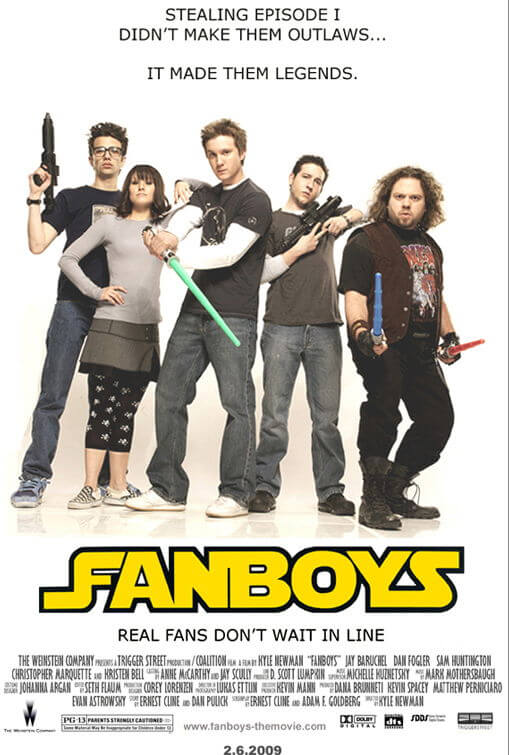
Thank You for Supporting Independent Film Criticism
Thank you for visiting Deep Focus Review. If the work on DFR has added something meaningful to your movie watching—whether it’s context, insight, or an introduction to a new movie—please consider supporting it. Your contribution helps keep this site running independently.
There are many ways to help: a one-time donation, joining DFR’s Patreon for access to exclusive writing, or showing your support in other ways. However you choose to support the site, please know that it’s appreciated.
Thank you for reading, and for making this work possible.
Brian Eggert | Critic, Founder
Deep Focus Review


